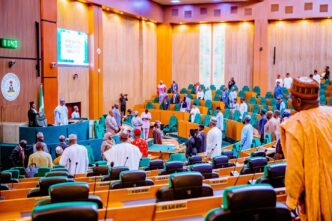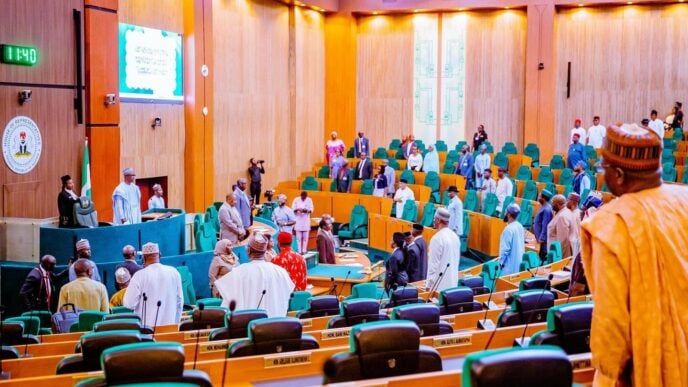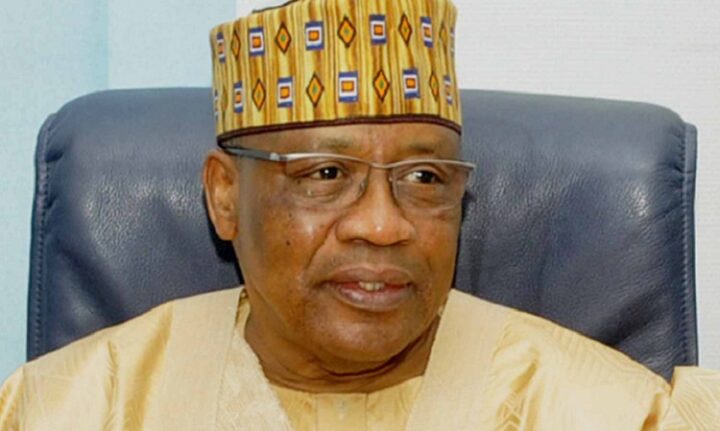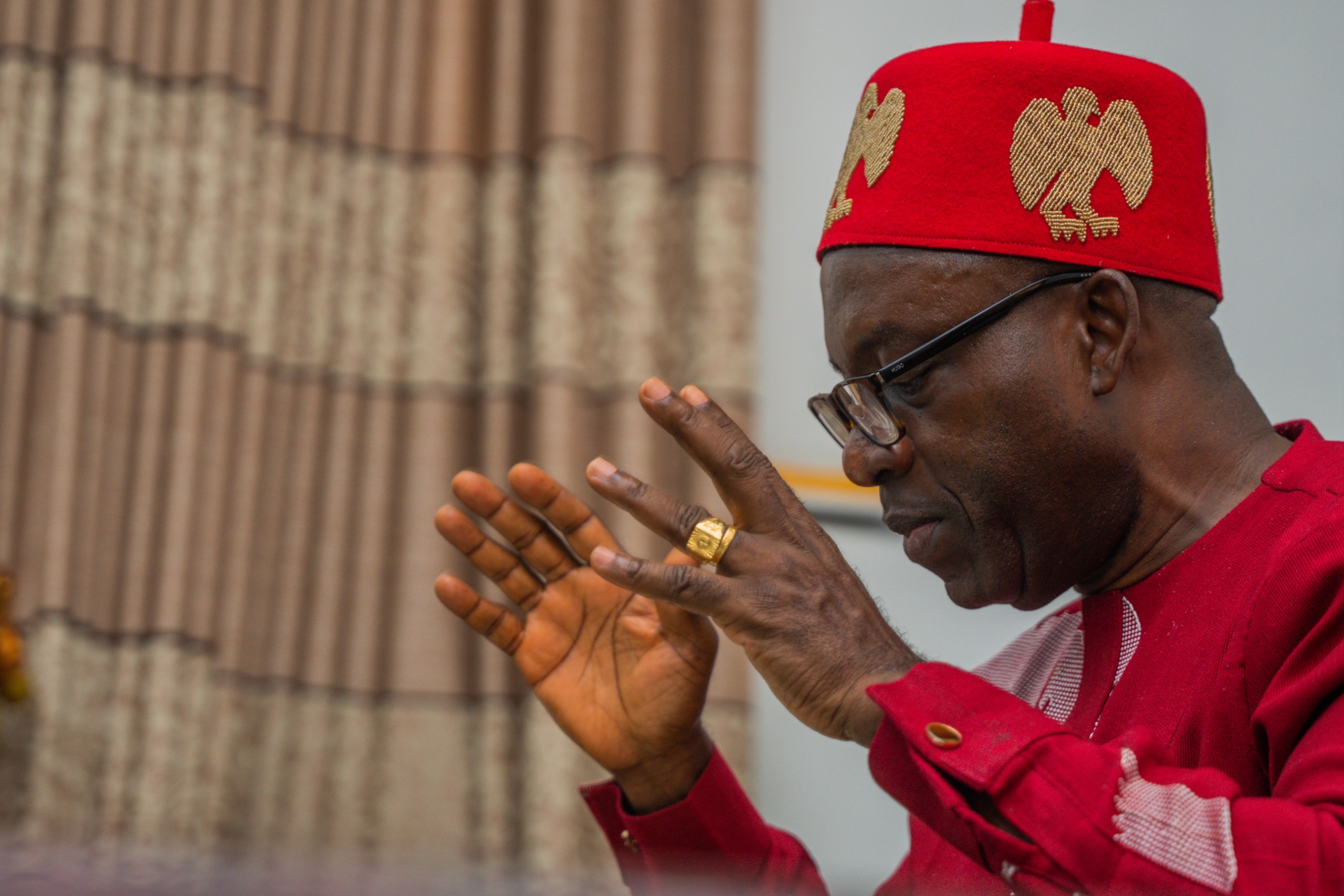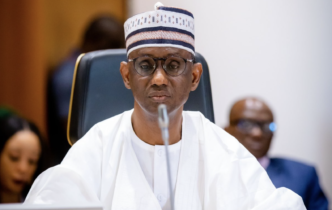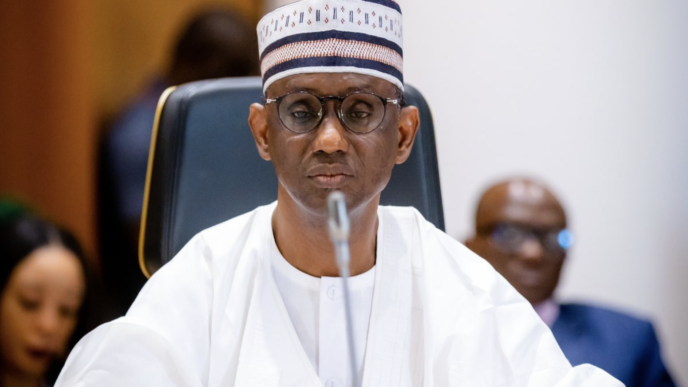For years, I have been hiding. I have been dodging. I have been running away from it. I have resisted it, with the stoicism of an ardent antagonist. I have been living in denial. I have hated artificial intelligence with a passion for years and have therefore, resisted the pleas by some of my colleagues to join the train. My apathy towards it got irrigated, when I was applying for something online (was it a job or a scholarship? I can’t remember which one it was), and read in their instruction that I should not attempt to send them an AI-generated cover letter. And I said to myself: “Me? May the Lord have mercy upon us.”
I am not, and I don’t intend to be, a perfectionist. So I won’t be needing the much-touted accuracy of the AI tools. While I don’t deliberate commit errors (grammatical or typographical) in my write-ups, whenever they occur, I am always solaced in the fact thar, it signposts my being human, and the originality of my works. This is because, if I had outsourced the task of aggregating my thoughts to an AI, tendencies are that, it would be error-free, grammatically speaking. So I stuck to my manual and analog method of writing. Moreover, another of my reasons for being that averse to embracing the use of AI, has to do with my belief in the supremacy of human agency in all endeavours, especially in a craft like journalism which requires a great deal of critical thinking and creativity that I reckoned fall within the exclusive preserve of human beings.
Then came, February 10, 2025, when I turned up for training at the Stratton Hotel, Asokoro, Abuja, following an invitation by the United States Agency for Global/Voice of America (USAGM/VOA). My radio station, Sobi 101.9 FM Ilorin, Kwara State, where I head the News and Current Affairs department, is an affiliate of the VOA. What was the training all about? It was a training on the use of Artificial Intelligence (AI) in journalism. It was engaging, fun, and eye-opening. Very educative.
All the aversion changed before the end of the three-day encounter with a team of AI experts assembled by the USAGM in collaboration with the Voice of America (Africa). From Monday, February 10 to Wednesday, February 12, the team led by Mr. Celestine Achi (others include Ms. Thelma Okoh, and Orimolade Alexander, ably supported by Mr. Muhammad Abba, and Dr. Sanni Ahmed both of the USAGM/VOA), I, alongside dozens of other participants from across media houses that are affiliates of VOA in Nigeria traveled the world of AI, and my perspective changed, from that of a chronic sceptic to that of an advocate. I returned to my base, a changed person, and became an evangelist of the use of AI in improving work flow, and enhancing efficiency in the newsroom.
Advertisement
Now, to the crux of this piece. The global media landscape is undergoing a radical transformation, driven by the rise of Artificial Intelligence (AI). From automating news production to detecting misinformation and enhancing investigative journalism, AI is reshaping how stories are reported and consumed. While major media organizations in developed countries are embracing AI to stay ahead, Nigeria’s journalism industry risks lagging behind if it fails to adapt; if it fails to be inspired by my story.
AI in Journalism: A Global Perspective
Across the world, leading media houses such as The New York Times, Deutsche Welle Radio and Television, Reuters, and BBC are all integrating AI-powered tools into their newsrooms. AI assists journalists by generating data-driven reports, summarizing complex information, and even personalizing content for readers. Chatbots, automated fact-checking systems, and AI-generated visuals are becoming standard tools in modern journalism. My encounter with Mr. Achi and his team expose me to this much in so short a time.
Advertisement
In China, AI-generated news anchors deliver real-time reports, while in the U.S., AI systems analyze large datasets to uncover corruption scandals. In Africa, newsrooms in South Africa and Kenya are experimenting with AI-powered investigative tools to track disinformation. These innovations highlight a simple truth: AI is no longer a futuristic concept—it is the present and future of journalism.
The Nigerian Media Landscape: Challenges and Opportunities.
Nigeria, with its vibrant and influential media industry, cannot afford to ignore this shift. However, many Nigerian newsrooms still rely on traditional methods, facing challenges such as:
Misinformation and Fake News: AI can help verify facts and combat the spread of false information, a growing problem in Nigeria’s digital space.
Advertisement
Declining Trust in Media: AI-driven transparency tools can help rebuild trust by ensuring accuracy and accountability.
Slow News Production: Automation, made possible by AI tools, can speed up news-gathering, allowing journalists to focus on in-depth reporting.
Financial Constraints: AI-powered analytics can improve audience engagement, helping media houses generate revenue through targeted advertising.
The Way Forward: Embracing AI in Nigerian Journalism
Advertisement
To remain relevant in the digital age, Nigerian media organizations must take deliberate steps toward AI adoption. This requires:
1. Investment in AI Training: Journalists must be equipped with the skills to work alongside AI, rather than loathe or fear it.
Advertisement
2. Collaboration with Tech Experts: Media houses should partner with AI developers to create tools tailored to Nigeria’s media needs.
3. Government and Private Sector Support: Policies that encourage AI-driven journalism should be prioritized to enhance press freedom and innovation.
Advertisement
4. Ethical AI Usage: AI should be used responsibly, ensuring that automation does not replace human judgment in sensitive reporting.
While we work towards a total and unconditional embrace of the phenomenon, there is an utmost need to be responsible in its deployment by being ethical. The government must also come up with a regulatory framework to checkmate any tendency for excesses by some elements in the profession, to avoid being caught in the whirlwind of misinformation, privacy intrusion, defamation of character, and above all, undermining peace and national security.
Advertisement
Conclusion
The use of AI in journalism is no longer a luxury—it is a necessity. If Nigeria wants to maintain its position as Africa’s media powerhouse, it must embrace AI-driven innovations. The choice is clear: evolve with the times, or risk being left behind. Drive change to avoid being driven so as not to get bruised up.
The future of Nigerian journalism depends on how quickly we adapt. The time to act is now.
Thank you, #USAGM.
Thank you #VOA #AIinJournalism
Abubakar writes from Ilorin, Kwara state. He can be reached via 08051388285 or [email protected]
Views expressed by contributors are strictly personal and not of TheCable.
Add a comment



